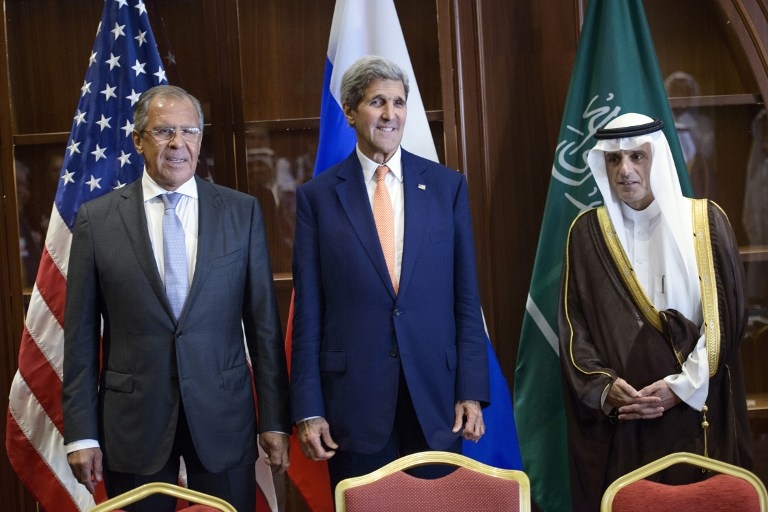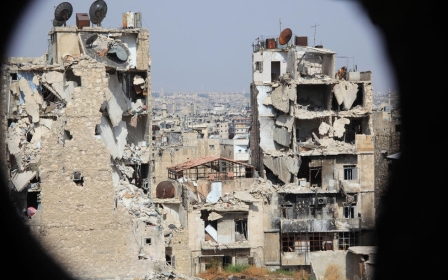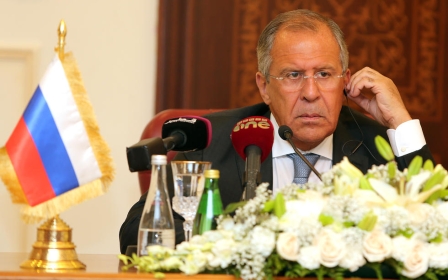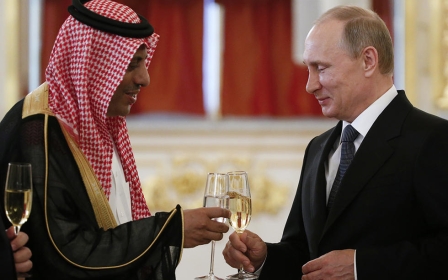Saudi Arabia rejects Russian calls to work with Assad

Saudi Arabia's foreign minister on Tuesday poured cold water on Russian calls to join forces with the Syrian authorities against the Islamic State (IS) group, insisting it was impossible to work with President Bashar al-Assad.
Moscow - one of Assad's few remaining allies - has called for coordination between the Syrian government and members of an international coalition fighting the militant group, which controls swathes of territory in Syria and Iraq.
But Saudi Foreign Minister Adel al-Jubeir insisted there would be no cooperation with the Syrian government after meeting Russian counterpart Sergei Lavrov in Moscow.
"As for a coalition in which Saudi Arabia would participate with the government of Syria, then we need to exclude that. It is not part of our plans," Jubeir said in comments translated into Russian.
"Our position has not changed... there is no place for Assad in the future of Syria," Jubeir said.
"We think that Bashar al-Assad is part of the problem, not part of the solution."
Saudi Arabia is already part of a US-led coalition that began an air campaign against IS in Syria last September.
Russia supports Assad while Saudi Arabia insists he must quit to help end a four-year conflict that has cost over 240,000 lives.
The two ministers last met in Qatar on 3 August when Lavrov, Jubeir and US Secretary of State John Kerry held a three-way meeting, with Syria topping the agenda.
Lavrov said Moscow was not looking to establish a formal alliance against the militant group but warned a failure to cooperate could open the door to IS.
He admitted that there remained "persistent differences" between Riyadh and Moscow over how to tackle the Syrian conflict.
"The exit of President Assad is part of these differences," Lavrov said.
Middle East Eye propose une couverture et une analyse indépendantes et incomparables du Moyen-Orient, de l’Afrique du Nord et d’autres régions du monde. Pour en savoir plus sur la reprise de ce contenu et les frais qui s’appliquent, veuillez remplir ce formulaire [en anglais]. Pour en savoir plus sur MEE, cliquez ici [en anglais].




